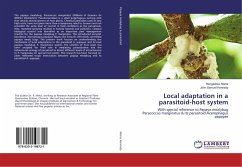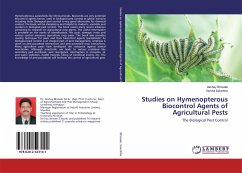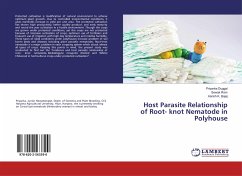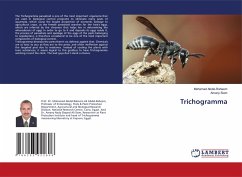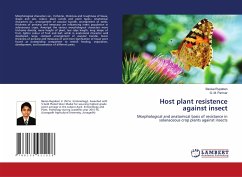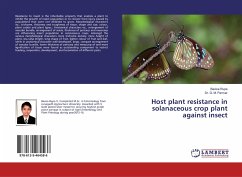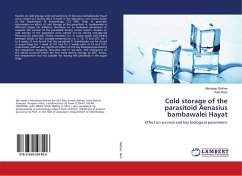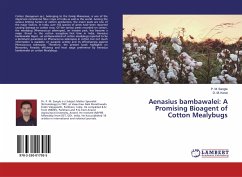The papaya mealybug, Paracoccus marginatus (Williams & Granara de Willink) (Hemiptera: Pseudococcidae) is a small polyphagous sucking pest that attacks several genera of host plants. Chemical pesticides used at very high costs, have not given more than a temporary relief to farmers and not provided the same level of control in field conditions as the parasitoids. Also, repeated spraying resulted in toxicity hazards and pollution. Classical biological control was identified as an important pest management practice for the papaya mealybug P. marginatus. The introduced encyrtid parasitoid, Acerophagus papayae Noyes and Schauff, effectively controlled papaya mealy bugs. The present work focuses on understanding the mechanism of local adaptations in the parasitoid A. papayae and its host papaya mealybug P. marginatus system. The volatiles of host plant has been analysed for their role in mediating parasitization and the behavioural ecology of parasitoid to detect different levels of attractiveness to P. marginatus on several host plants. This research has been focused on plant mediated tropic interactions between papaya mealybug and its parasitoid A. papayae.
Bitte wählen Sie Ihr Anliegen aus.
Rechnungen
Retourenschein anfordern
Bestellstatus
Storno

